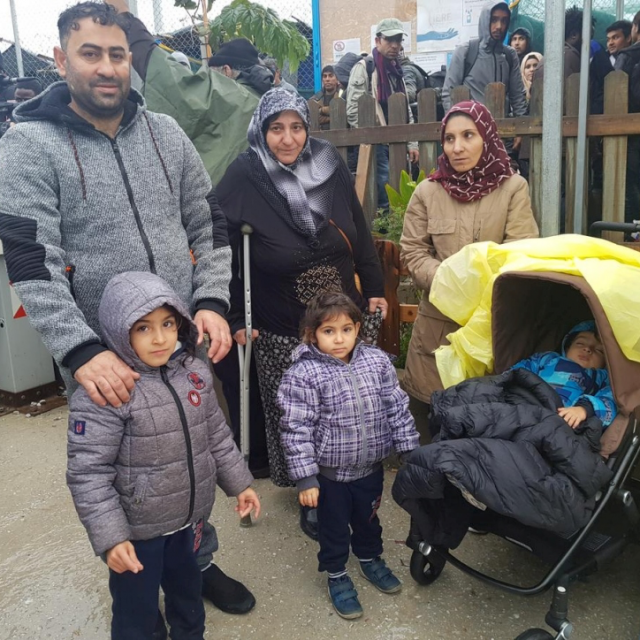Photo by Rumman Amin on Unsplash
Campaign group ENAR says it welcomes the appointment of Marion Lalisse as the new EU Anti-Muslim hatred Coordinator following the vacancy of the position of over a year and a half.
Although it says the EU has one of the strongest legal frameworks on human rights in the world, Islamophobia/Anti-Muslim hatred “continues to be a serious phenomenon” which has “clear detrimental and dangerous effects on the lives of Muslims.”
According to the latest FRA’s evidence on Islamophobia highlighted in the Second EU Minorities and Discrimination Survey (Muslims-selected findings) which is dated back to 2017:
Nearly one in three Muslim respondents indicate that they suffer discrimination when looking for a job.
Four out of 10 Muslim respondents (39 %) felt discriminated against in the five years before the survey because of their ethnic or immigrant background in one or more areas of daily life.
In nine out of 10 cases (91 %), respondents did not report the most recent incident of bias-motivated harassment to the police or other organisation; 43 % explained that this was because ‘nothing would happen or change by reporting it’.
ENAR says evidence suggests that Islamophobia “remains highly underreported due to either lack of awareness of the available legal resources or the lack of trust in the institutions and law enforcement. Hence why, the new mandate of the EU Anti-Muslim hatred coordinator should adopt a holistic, comprehensive, goal-oriented and intersectional approach in countering Islamophobia.”
Its statement goes on: “Despite the robust anti-discrimination law which comprises Article 10 of the Treaty on the Functioning of the EU (TFEU), Article 21 of the EU Charter of Fundamental Rights and specific EU legislation such as the Racial Equality Directive (2000/43/EC) and the Employment Equality Directive (2000/78/EC), a strategic shift in the EU’s political approach is required to counter the growth of Islamophobia.
“According to ENAR’s definition of Islamophobia, this specific form of racism occurs when Muslims or those perceived to be Muslims suffer from discrimination, stigmatization and exclusion in all areas of life such as education, employment, vocational training, services and political participation.
“Therefore, the role of the EU Anti-Muslim hatred coordinator is fundamental to establish a clear strategy and firm political commitment in order to tackle this phenomenon in its different manifestations: labor market, healthcare, education systems and public life,” says the statement.
“Moreover, a close cooperation between the EU and the member states is equally crucial to ensure that pertinent policies are enforced on the ground alongside the adequate implementation of the EU Anti-racism action plan 2020-2025 and anti-discrimination law.
“It’s important to consider previous mandates of the position, in their successes and failures, as learnings to strengthen the role of the coordinator and to avoid redundant ineffective measures and the widening of existing systemic gaps that Muslims face in Europe,” it adds.
ENAR’s co-director Ojeaku Nwabuzo stated that “It’s essential that the new mandate of the EU-anti-Muslim hatred Coordinator upholds to the principle of transparency through establishing synergies with CSOs with extensive knowledge on the issue, academic experts, the affected communities and with other relevant stakeholders, by conducting periodic consultation meetings and ensuring their meaningful participation in the decision-making process.”
ENAR says, “In the context of the rise of the far-right and anti-democratic sentiments in Europe, ENAR will continue advocating for a Europe where the fundamental rights of religious and ethnic minorities are respected and protected and where plurality, diversity and equality prevails over discrimination and racism.”




